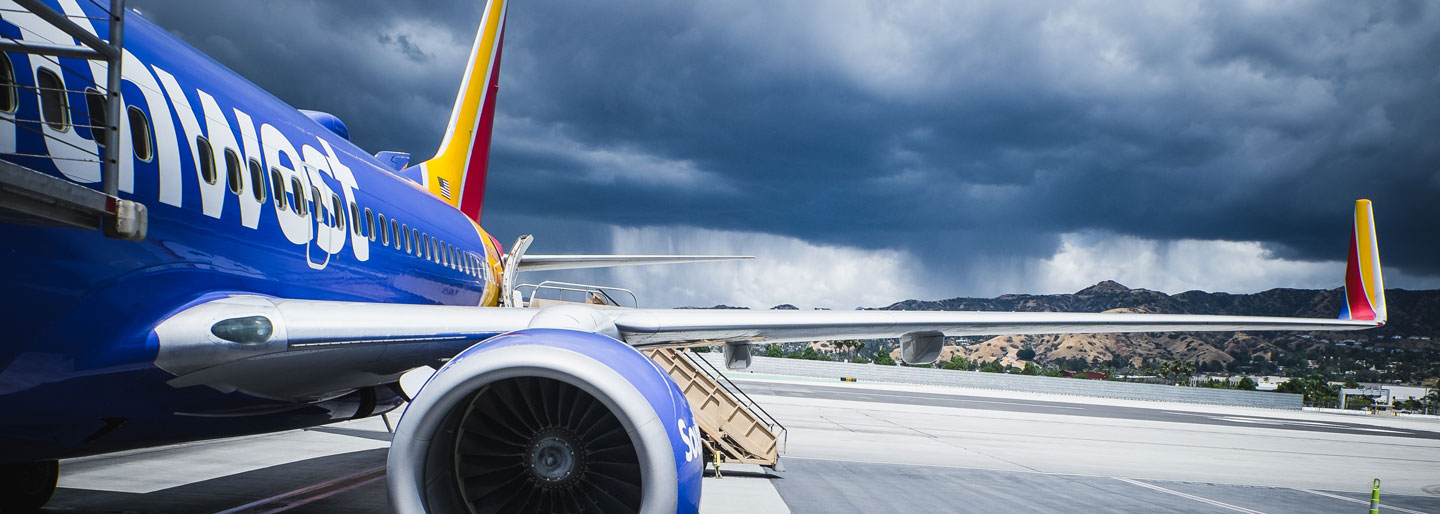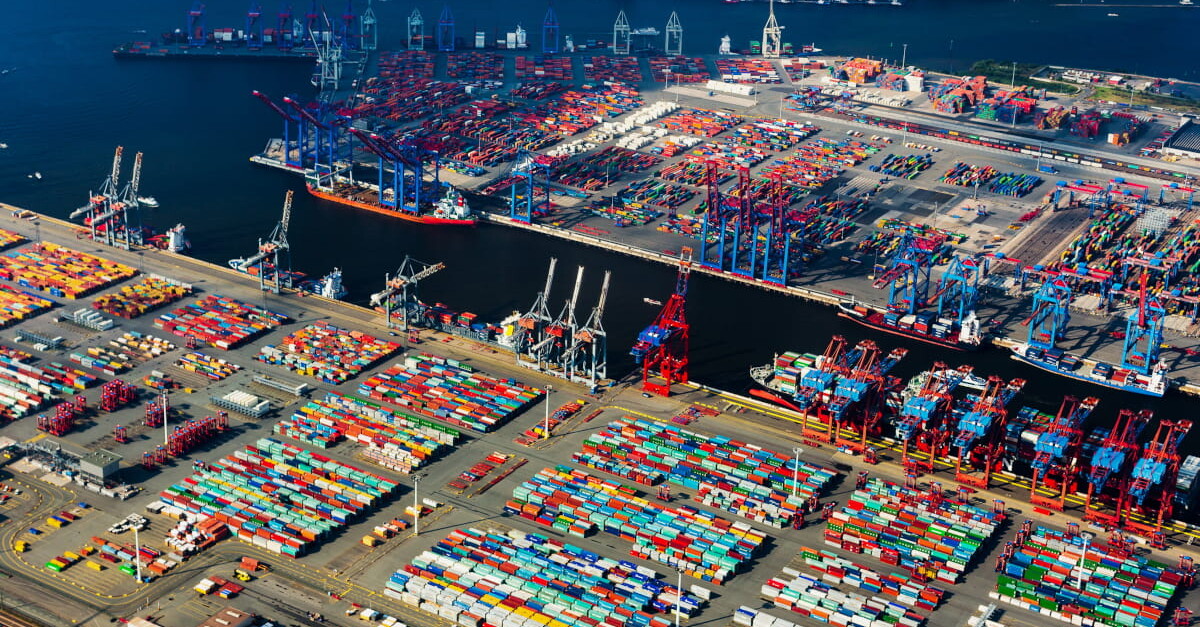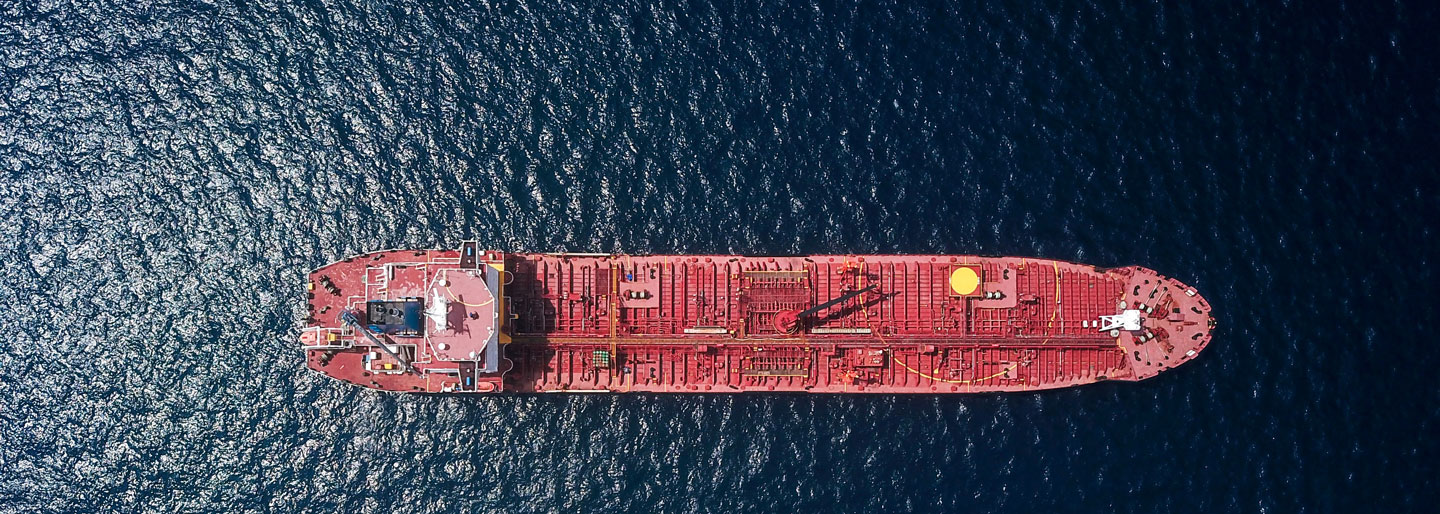

Incoterms of the international trade in goods
Fair trade of goods based on rules agreed between the partners involved and to the keep. It comes to cross-border trade, is of International Commercial Terms, short Incoterms, the speech. They were first established in 1936 by the International Chamber of Commerce (ICC). In the meantime, you are taken every ten years, new, and updated. The recent Reform occurred for 1. January 2020. Incoterm contracts are not compulsory but are closed on a voluntary Basis. But they are not binding.
There are a total of eleven Incoterms, two of which are especially for the Maritime transport is important. Therefore, play a major role in business with Chinese suppliers. Refer to the Incoterms CIF Cost, Insurance and Freight (cost, insurance and freight) and FOB-Free On Board (Free on Board). You must describe what duties must meet the buyer and the seller in which Phase of the trade.
In essence, it is the question of who bears the responsibility for the goods until Arrival at the port of destination (passing of risk). This relates to the Acquisition of:
- Transport costs
- Insurance costs
- Shipping risks
You want to new distribution channels open up and start looking for the right solution for your customers as efficiently as possible.

You can use our wlw platform.
CIF: obligations of the buyer and seller
According to the CIF-Incoterms the seller, so the supplier is, in large Parts responsible for the freight and the cost. In Detail, he has the following duties until the ship is running at the port of destination, the buyer is inserted:
- Deliver the goods
- Provide the necessary documents
- International Transport in the country of export to the destination port in the country of import
- Assumption of costs for the customs in the country of export

- Spout charge of the ship
- The cost of acquisition of insurance
With the arrival at the port of destination, the risk of transition occurs from the seller to the buyer. This is responsible for:
- To pay for the goods
- Assumption of costs for the goods receipt
- Assumption of costs for the customs in the country of import
- Transportation in the country of import
- Acquisition of the additional costs incurred
CIF and FOB: A subtle difference
In comparison to the CIF-Incoterms shall have the responsibilities between buyer and supplier, move the FOB Incoterms part. Accordingly, the obligations of the seller are as follows:

- Deliver the goods
- Provide the necessary documents
- Transportation in the country of export
- Assumption of costs for the customs in the country of export
- Spout charge of the ship
For the buyer, these responsibilities arising from:
- To pay for the goods
- International Transport from the port of departure to port of destination
- Assumption of costs for the goods receipt
- Assumption of costs for the customs in the country of import
- Transportation in the country of import
- The cost of acquisition of insurance
- Acquisition of the additional costs incurred
The difference between the CIF-Incoterms and FOB Incoterms: Under FOB terms, the responsibility for international shipping of sea freight from the seller to the buyer.

This means that the transport costs and hazards, carries, and for the transport arrangements to be responsible. Therefore, the CIF-Incoterms may appear to be from the perspective of the procurement easier and more practical. And, at first glance, they are often cheaper. Nevertheless, FOB Incoterms can be more advantageous for the buyer.
- The buyer gets earlier, the control of transportation costs and the risks of the goods and may, for example, determine a freight forwarder for the delivery. So he has more influence in terms of Cost, Insurance, Freight, and is therefore less dependent on the respective agreements of the seller. Because it is not necessarily in the sense of the ephos Handbook.
- Particularly in the case of transactions with the Chinese partners, the CIF will not remain often cost as low as initially expected. This is due to the practice of some exporters: you turn into the supply chain, a customs agent in between, the receiver in the cargo letter. He hands over the goods at the port of destination to the buyer. This means that it has not previously entitled to the delivery. Also, the customs agents ask for the Delivery part, high premiums, which they share with the seller, and may increase the total price significantly. This practice is now applied not only in China but also in other countries, for example in Latin America. Under these circumstances, FOB-Incoterms often cheaper for the buyer.